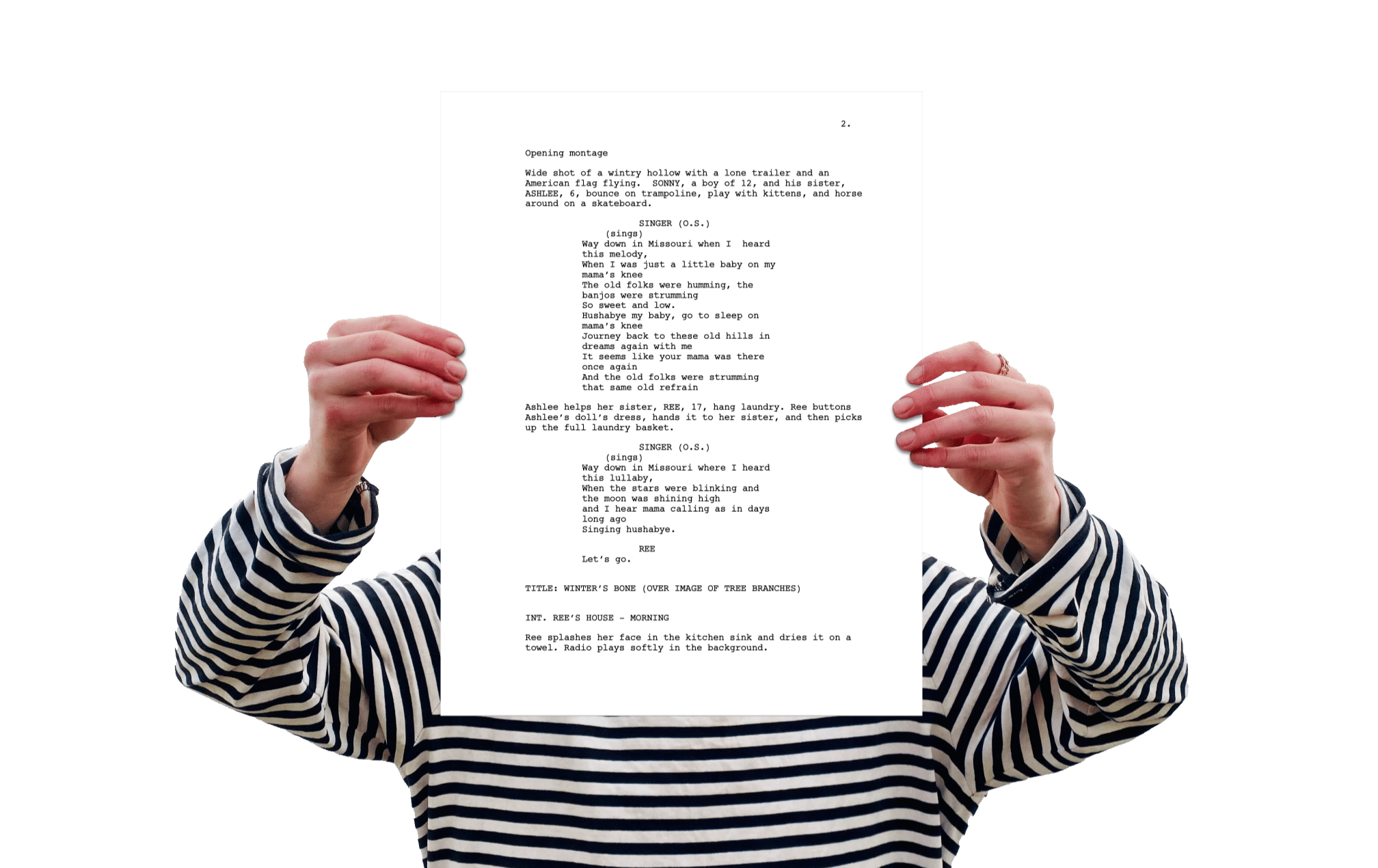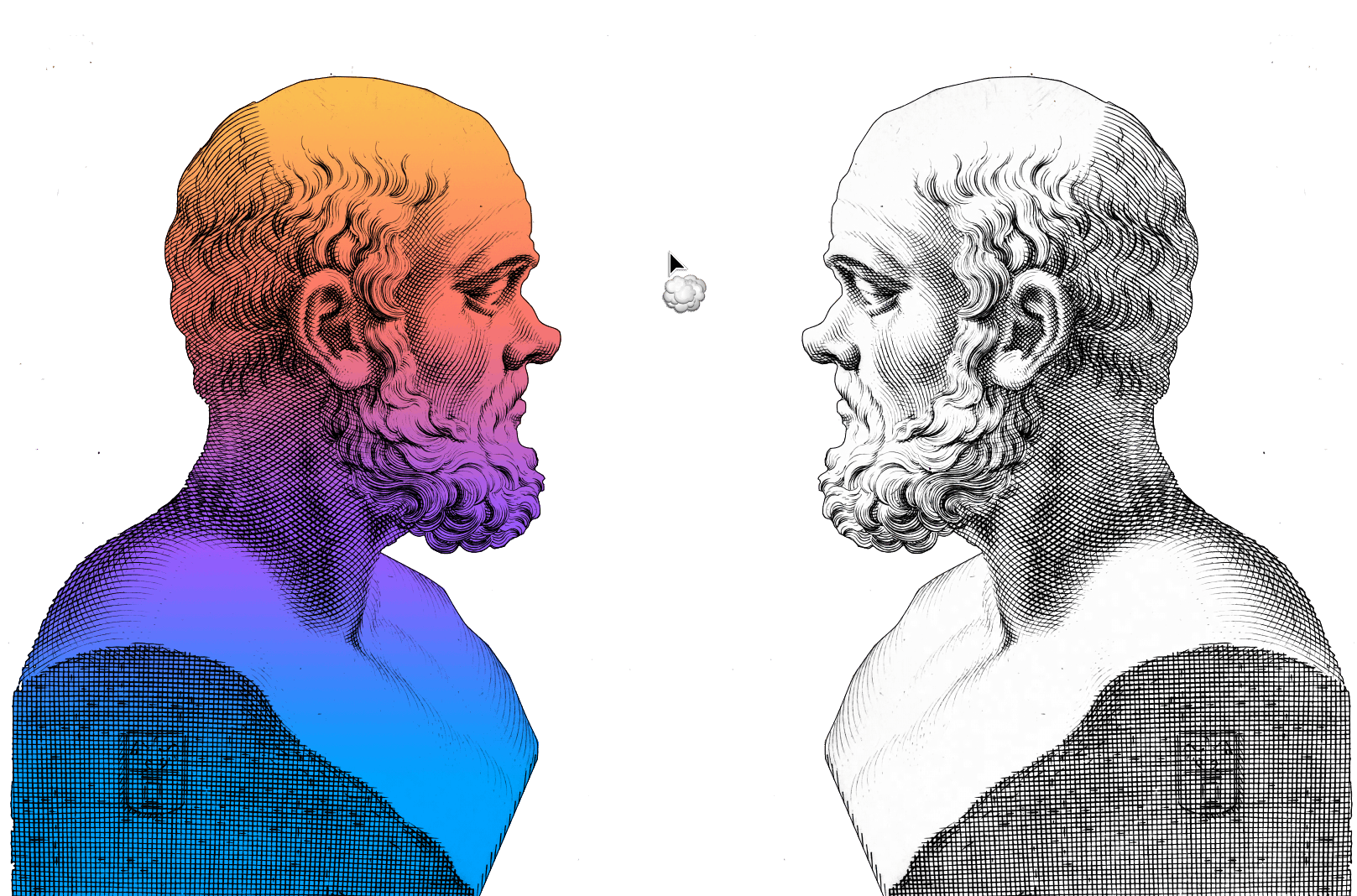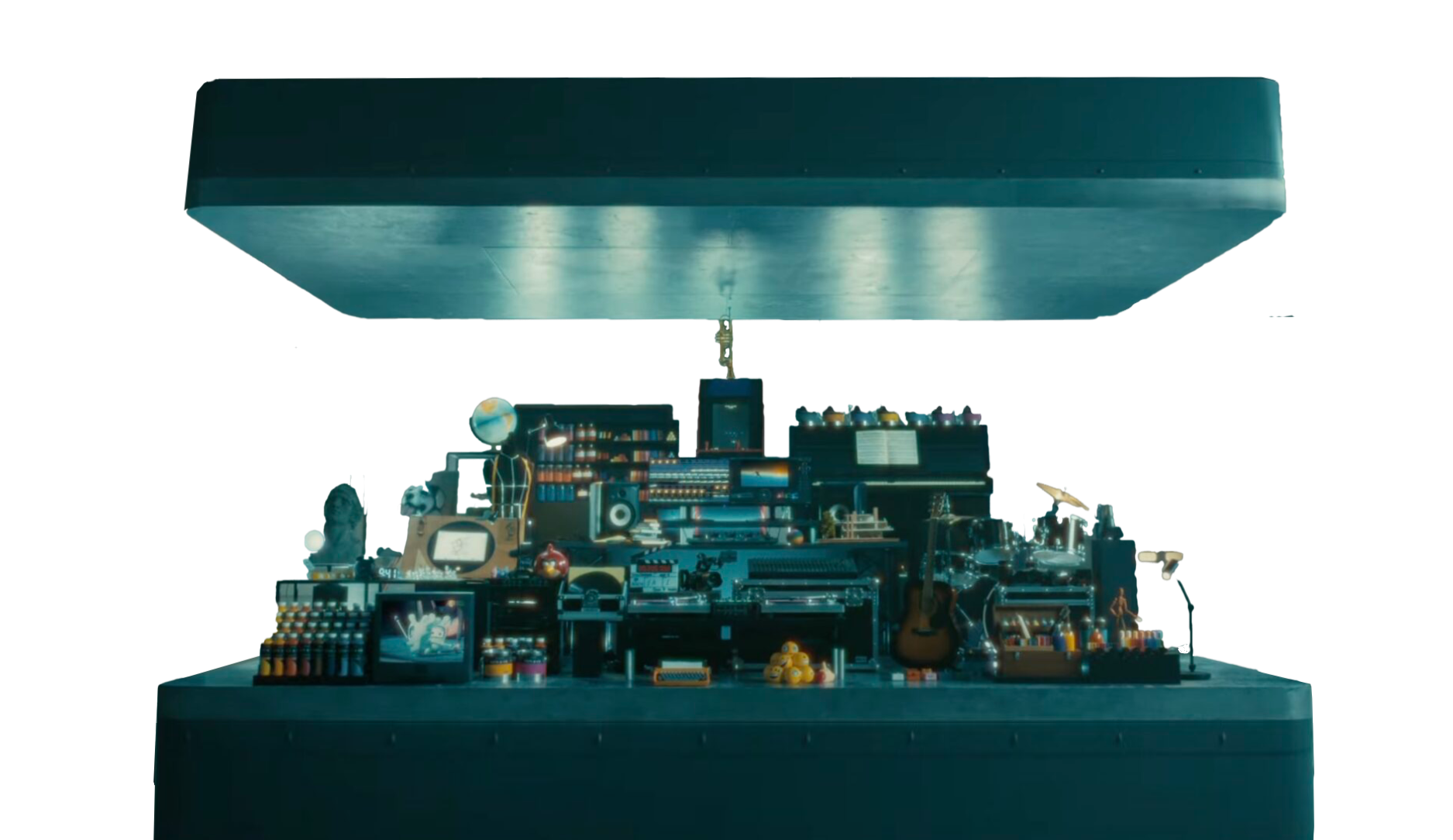Script doctors are the forgotten wizards behind every good film. They give it life, direction, meaning, and—most important of all—a story and characters we remember.
We chat with script doctor, editor and researcher Max Hodge about the art of screenwriting and find out what it takes to make it all come together.
Let’s start with the big question: What makes a good screenplay?
Each character should have a different way of speaking. Avoid overly complicated settings and action descriptions—it should be purely what you see or hear, like a THWACK when someone is hit. The same is true when you convey emotions too. If a character is sad, how can we see that visually? Does the character cry? Shy away? Tense their body?
Dialogue should read the way people talk. They interrupt each other, use the wrong words, and don’t always say what they mean. Avoid conflict and jargon between characters.
Be careful with excessive swearing (usually a sign of a young writer). Schitts Creek had the best swearing I’ve ever seen because it was carefully and rarely used. That was funny. Someone saying “fuck” every three lines hints at a lack of confidence. Instead, do they punch a wall or insult someone or mumble something under their breath?
Good pacing is critical. The first five minutes should get us into the story, have hills and valleys with tension and a good plot point, a twist, or new threat halfway through. Close with a satisfying and (usually) fast-paced third act. Shiva Baby! did this really well.
Link story beats between all the sections to make it smooth. A movie isn’t like a novel you put down and pick up again. It’s a throughline experience: let it be one.
Don’t make your screenplay too long. If it’s over 100 pages, that’s 100 minutes. One page equals one minute, so aim for 90 to 100 pages. Every page after that should be really worth it. The Social Network’s writer had a long screenplay and read it out loud to producers just to prove it would be under two hours. But you usually don’t have that privilege.
Be interesting. Trim the fat—the French New Wave gave us this method. You don’t need to see characters walk from the dining room to their room up the stairs if no story happens. Leaving one room and entering another is often better.
An imperative is also that you must have enthusiasm for the story you are creating. If you don’t, the passion of the film will most likely be missing.
How do you build your worlds and characters?
I use cards. Every card is a plot point. You should have 30 to 40 for a solid outline and, according to David Lynch, 70 for a ready-to-write feature film.1 If you don’t, what is something that may be missing? It could be a happy moment, a pause in the drama, or establishing a relationship. Before you start writing, find enough plot points to fit into 90 pages.
Characters are based on research and character bibles: their quirks, backstory, dreams, secrets. You may not ever mention these elements in the script. For example, someone having an abusive dad they never mention still affects the way they behave, even if you never say it.
What are the main technical components of a screenplay?
Good formatting is a must, or people stop reading. Include scene headings and character introductions. Indicate if a scene is continuous or if it’s a pure cut that changes time and place between scenes.
Add proper scene and page numbering, and make sure you clearly add revisions as color changes. Use the correct font. Only explain what we see and hear—not what we’re supposed to feel.
Screenwriters need to understand the rules and tools in order to break them rarely, and for emphasis. Following the rules to an absolute T won’t be as entertaining of a script as someone who intelligently decides when and where to break convention for emphasis.
Let’s talk about writing rituals. How, when and where do you like to write? What tools do you use?
I write in my office or lounge. I need music and coffee! I like writing early in the morning and late at night, when the rest of the world is quiet. Aside from a whiteboard for planning and Google docs for character bibles, I use Final Draft exclusively.
How do you maintain focus and flow while you write?
I block out the world with music and a sign on my door saying ‘I’m in my treehouse’. Flow mostly comes from looking at my whiteboard and feeling confident that I know my characters.
How do you factor in budget when you’re writing screenplays?
An alien planet with many species. Animals. Child actors. Expensive sets that are only used for five minutes. Many extras. These are all massive factors in your movie or series being made.
Expensive sets are usually called set pieces. Big set pieces need a lot of screen time to justify the expenditure. Even a mouse requires an animal handler and sign off from an animal rights organization. For example, the SPCA was on set for Black Sails and stopped filming when they felt the horses needed a break. Every minute is a lot of money.
Kids can only work a few hours and require a child handler and tutor/teacher. Kids often can’t do night shoots, so you need sound stages, which is expensive. Hiring extra people means more money, feeding them, and (often) transport. Every cent counts to the executive producers.
Do you use AI when screenwriting? If yes, how?
Sometimes, for research. AI doesn’t understand screenplays for the most part and misses essential details, like characters speaking differently and interesting throughline plots. AI is so generic it always sounds like AI. There’s nothing creative. Also, formatting is haywire on both ChatGPT and Bard/Gemini.
People who read screenplays are usually film people. That means screenplays with lots of pages need to be fresh to make sure the film people keep reading them. They’re usually busy and often very distracted. AI scripts can’t compete with that.
Throwing in ‘the melancholy on her face’ is more forgivable than being boring—and AI scripts are boring as hell. Watching a movie requires someone sacrificing over an hour of their life. Or tens of hours (sometimes hundreds) for a TV series. It needs to be actively engaging and exciting. Even a sad piece can still keep you watching if it’s creative. No AI I’ve seen has been able to tap into that.
If you’re a screenwriter, try out Fountain, our screenplay template for iA Writer.
-
Scott Myers, How They Write a Script: David Lynch. Medium, 2018. ↩






